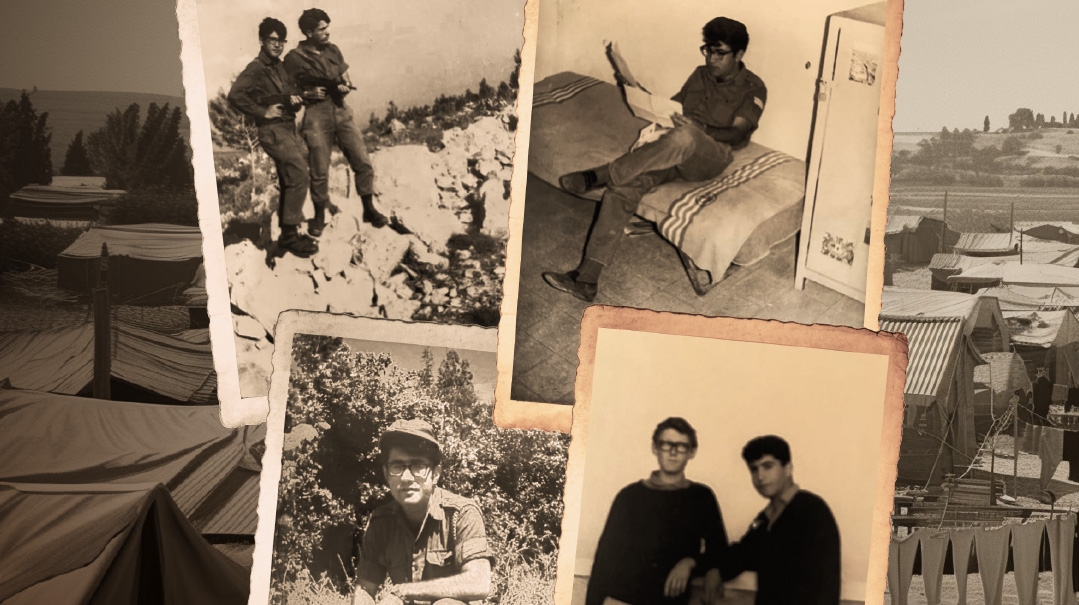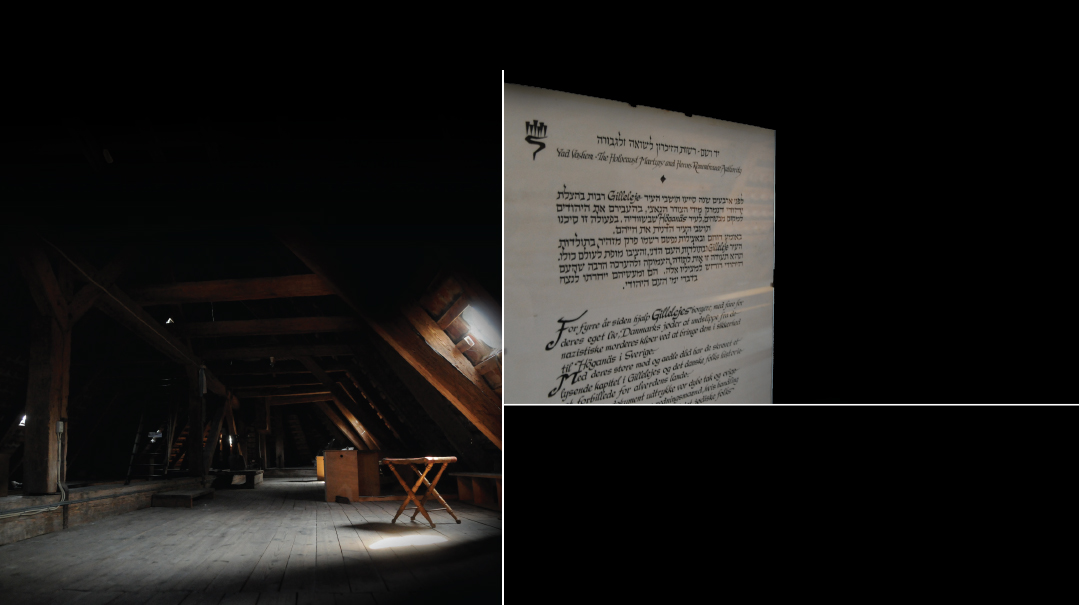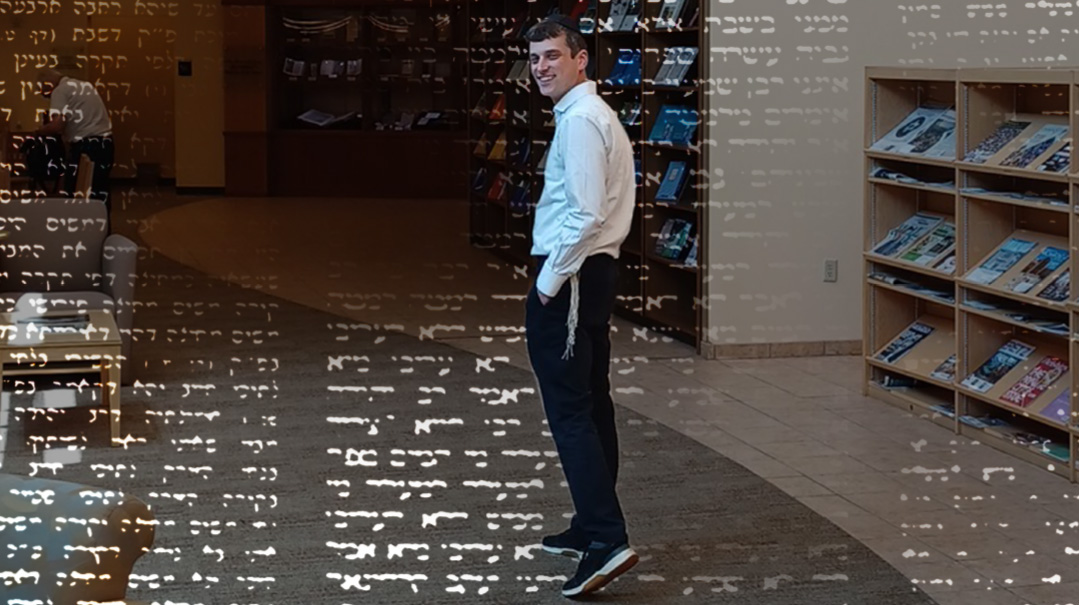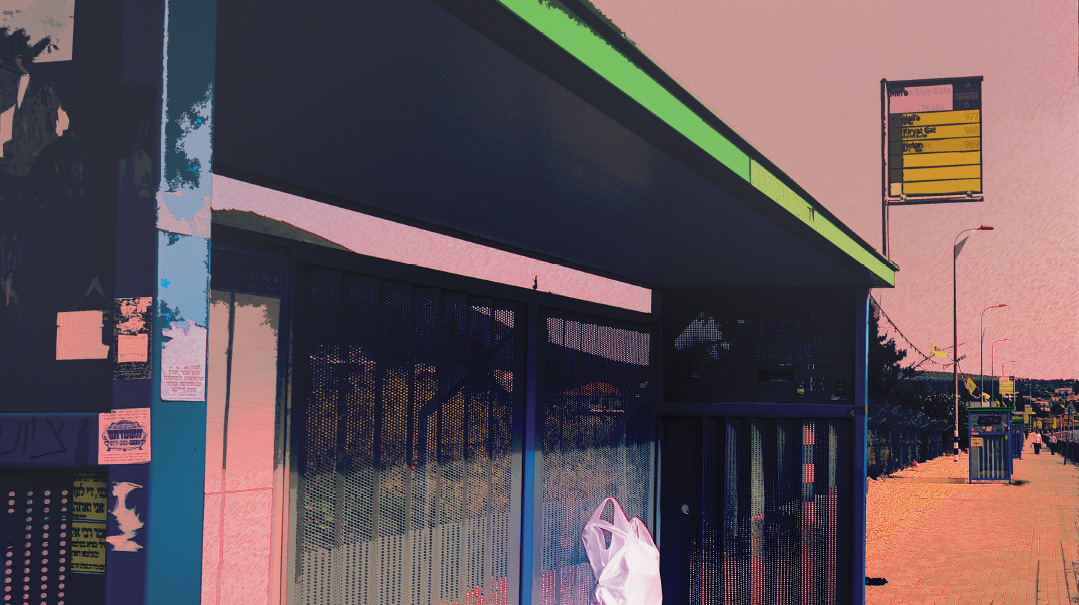Impact
| May 26, 2020Shawls? I’d been prepared for messianic Jews, and they wanted to talk capes?

My fingers hover over the phone, as I wrestle with myself. Why am I so reluctant to make this call?
It’s not as if we’re strangers, just old neighbors out of touch for years, not counting her invitations to bar mitzvahs and weddings (the trip to Bnei Brak always precludes my attending). I vacillate for another minute, nails pressed into nervous palms, then coax my fingers to dial the number jotted on a slip of paper.
“Hello, Miriam?” I ask in my most polished Hebrew, “it’s Elana Moskowitz, your old neighbor from Yerushalayim.”
For years, Miriam’s boys had been fixtures in my home, a spirited trio who knocked faithfully every weekday afternoon, asking to play with my son. I saw it as a privilege; they were scions of a towering Rabbinic family. The oldest among them even bore the exact name of his great grandfather, a celebrated European gaon.
Though a decade my senior, Miriam and I chatted easily in the park, on the bus to work, and outside our building. She frequently inserted Torah thoughts into our conversation, but her words were so natural that they didn’t trigger my usual allergy to preachy talk.
In the years we shared a building, Miriam taught me many things, but her greatest lesson emerged from our encounter with the women in shawls.
It was late evening. My children were in dreamland, the day’s chaos swept and scrubbed away, when a pair of smiling women appeared at my door. “Can I help you?” I asked, taking in their modest attire, dark shawls concealing their figures.
“May we speak with you for a minute?” they asked sweetly.
Only then did I notice the sheaf of pamphlets each woman clutched in her hand. Instantly, my alarm bells went off. What if they’re closet missionaries, I fretted, knuckles tightening on the door handle. I’d better not let them in.
But they looked too frum, too utterly Yerushalmi to fit that bill.
“Um, sure,” I replied, while valiantly trying recall the number of Lev L’Achim, the anti-missionary organization.
“We want to share some thoughts with you and some reading material on…”
My hand clenched the doorframe, as I braced myself for their heretical sales pitch.
“…the importance of wearing a shawl when going out in public,” they concluded with gentle smiles.
Shawls? I’d been prepared for messianic Jews, and they wanted to talk capes?
Bemused, I accepted their shawl literature, offered them drinks, and sent them on their way. But as I closed the door, I noted a subtle internal shift. My defensive boxer’s stance, poised to champion the honor of “Jews for Hashem” had realigned to an attitude of righteous indignation.
“Who do these women think they are, peddling their shawl propaganda as if it’s Torah M’Sinai!” I seethed. “Who gives them the right to impose their community’s stringencies on us?! Does Rebbetzin X (and here I inserted the name of every prominent woman I could muster) wear a shawl? This isn’t our mesorah!”
By the time I encountered Miriam the next morning, I had mellowed, my rage contracting to mild contempt. “So did those shawl ladies knock at your door last night too?” I asked casually, anticipating her irritation at their intrusive visit.
“Yes, they did. And boy, did my daughter Rachelli get upset.” She chuckled.
“So what did you tell Rachelli?” I asked, eager to hear the lesson she’d given her teenaged daughter on the value of following one’s own mesorah, and how irrational it is to adopt another sect’s stringencies.
“I explained that even if we don’t accept their idea of wearing a shawl, their underlying message is universal: they want women to dress with more dignity. And although we don’t follow their definition of dignified dress, it would be unfortunate to miss the part of the message we can gain from.”
Wait, Miriam was completely undoing my script! What happened to following our mesorah, to not overburdening us with sectarian strictures? What happened to finding the lesson in all of this?
Except that Miriam had found the lesson, and it was remarkably more instructive than my shallow analysis.
Since that incident, whenever I encounter situations that aren’t packaged in my colors or textured to suit my taste, I resist the temptation to discard it entirely. Instead, I seek out the core message that’s relevant to my life. Don’t throw out the baby with the bathwater, I remind myself, or we risk forfeiting many assets for growth in the process.
It’s a lesson I have reiterated to myself, to my children, and to my students for the past 12 years. And it is the reason I’m holding the phone in one uncertain hand and a sweaty slip of paper with a phone number in the other.
“Umm, Miriam, do you remember me? From building 107, I know it’s been a while….”
Miriam cuts through my nervous rambling, “Of course! How are you? How is your family? I still remember how my boys spent hours in your home, I’m grateful to this day for your hachnassas orchim…” she says, her radiant smile reaching across the phone lines.
My stomach relaxes and my shoulders slacken as the tension enveloping this call slowly dissipates. Now, for the fun part….
“So you must be wondering why I’m calling now, out of the blue,” I begin.
“Yeeees,” her answer morphs into a question mark.
“Do you remember the night the shawl ladies came knocking at our door?” I tentatively ask.
She remembers. Everything. Including the lesson she imparted to her teenaged daughter that night. But when I explain that I have been digesting her message for 12 years and have shared it with hundreds of American students, she’s quiet.
After a moment, she finds her tongue. “Elana, I don’t know what to say, I’m so moved. It was really just something that came out of my mouth. And here you are, years later, telling me how deeply it affected you and so many others.”
And then, just as innocently and unintentionally as she taught her previous life’s lesson, she imparts one more.
“You see?” she exclaims with emotion, “You really never know how the words that leave a person’s mouth will impact another.”
(Originally featured in Family First, Issue 694)
Oops! We could not locate your form.







